Home>diy>Building & Construction>What Insurance Does A Construction Company Need
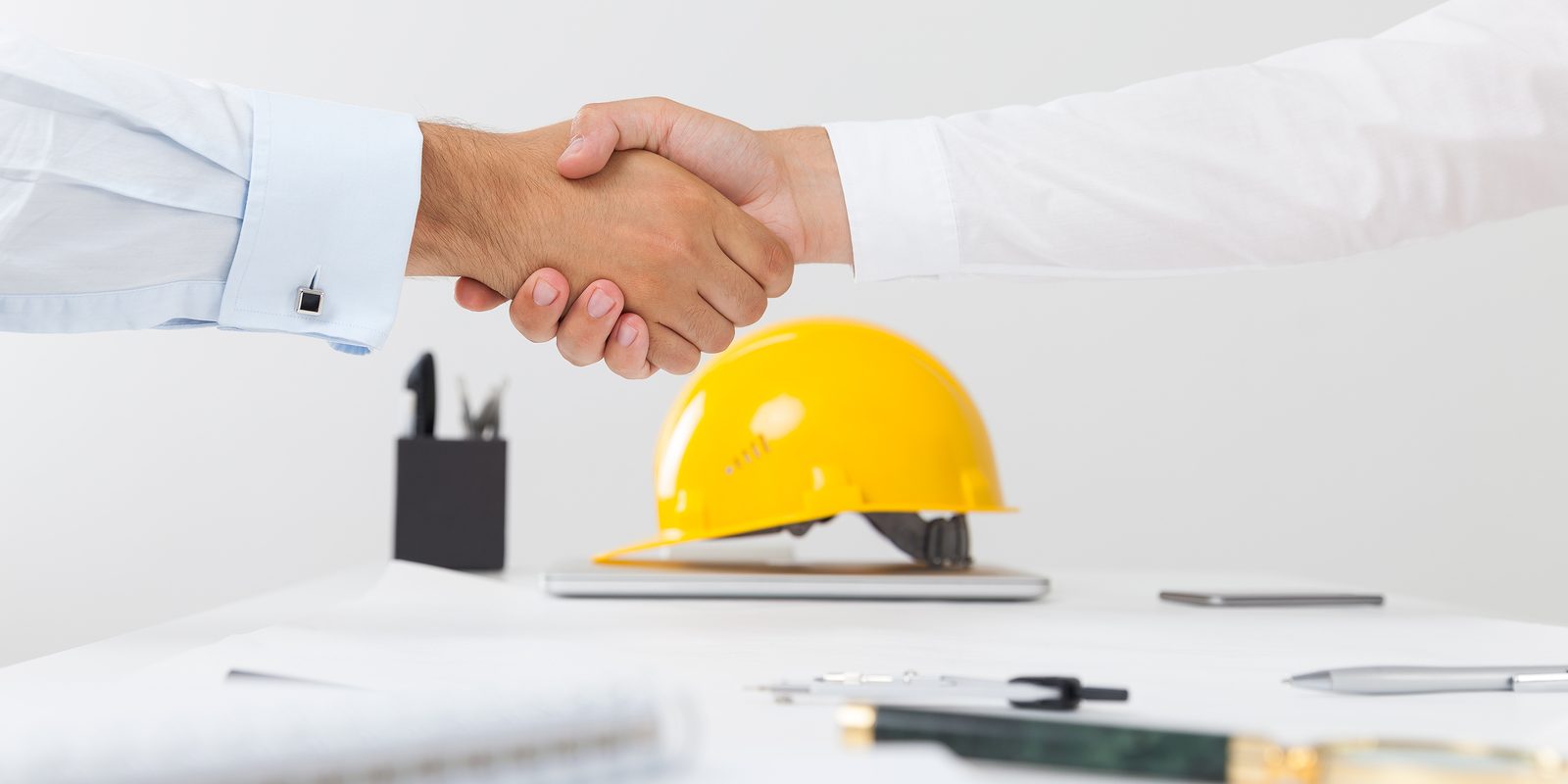

Building & Construction
What Insurance Does A Construction Company Need
Modified: March 6, 2024
Learn about the essential insurance coverage a building construction company needs. Protect your business and projects with comprehensive insurance policies.
(Many of the links in this article redirect to a specific reviewed product. Your purchase of these products through affiliate links helps to generate commission for Storables.com, at no extra cost. Learn more)
Introduction
Welcome to the world of construction, where building dreams come to life. Construction companies play a vital role in shaping the landscape of our cities and communities. From towering skyscrapers to cozy homes, these companies work tirelessly to bring our architectural visions to fruition. However, with great responsibility comes great risk. The construction industry is prone to accidents, property damage, and various other liabilities. That’s where insurance comes in.
Insurance is a crucial aspect of any construction company’s risk management strategy. It provides financial protection against unexpected events, ensuring that the company can weather any storm and continue its operations. In this article, we will explore the different types of insurance that a construction company needs to mitigate potential risks and uncertainties.
Before diving into the specifics, it’s important to note that insurance requirements may vary depending on the country, state, and local regulations. It’s essential for construction companies to consult with insurance professionals and legal experts to understand the specific insurance requirements in their area. Now, let’s explore some of the key types of insurance that construction companies typically need to have in place.
Key Takeaways:
- Construction companies need insurance to protect against risks like injuries, property damage, and legal claims. General liability, workers’ compensation, and builders risk insurance are essential for financial protection.
- Insurance like commercial auto, umbrella, and professional liability coverage provide additional layers of protection for construction companies, ensuring financial security and peace of mind.
General Liability Insurance
General liability insurance is the foundation of any construction company’s insurance coverage. It provides protection against third-party claims for bodily injury, property damage, personal injury, and advertising injury. This type of insurance is essential for construction companies as they are exposed to various risks on the job site.
Construction projects involve multiple stakeholders, including clients, subcontractors, suppliers, and the general public. Accidents happen, and when they do, general liability insurance can help cover the medical expenses, legal fees, and property damage resulting from such incidents.
For example, if a visitor slips and falls on a construction site, sustaining injuries, general liability insurance can cover their medical expenses and any resulting legal claims. Similarly, if a construction company accidentally damages a neighboring property, general liability insurance can help cover the repair costs.
General liability insurance not only protects construction companies from claims related to physical injuries or property damage but also covers claims for personal injury and advertising injury. Personal injury refers to claims such as libel, slander, or invasion of privacy, while advertising injury relates to claims of copyright infringement, defamation, or false advertising.
It’s important to note that general liability insurance has limits and exclusions. Construction companies should carefully review their policy to understand what is and isn’t covered. In some cases, additional coverage may be necessary to adequately protect the business. Consulting with an insurance professional who specializes in construction insurance can help determine the appropriate coverage limits and any additional policies that may be required.
Workers’ Compensation Insurance
Construction sites can be dangerous places, with a higher risk of accidents and injuries compared to many other industries. That’s why workers’ compensation insurance is a vital coverage for construction companies. It provides financial protection for employees who suffer work-related injuries or illnesses.
Workers’ compensation insurance covers medical expenses, lost wages, and rehabilitation costs for employees who get injured or fall ill while performing their job duties. It ensures that injured workers receive the necessary medical treatment and financial support while they recover.
Construction companies are legally required to provide workers’ compensation insurance in most jurisdictions. This insurance not only protects the injured workers but also shields the employer from potential lawsuits related to workplace injuries. By providing workers’ compensation coverage, construction companies can create a safer work environment and demonstrate their commitment to the well-being of their employees.
When an employee gets injured on the job, workers’ compensation insurance can help cover their medical bills, such as doctor visits, hospital stays, medication, and physical therapy. It can also provide disability benefits to compensate for lost wages during the recovery period or for long-term disabilities.
Additionally, workers’ compensation insurance may offer vocational rehabilitation services to help injured workers transition back into the workforce. This may include job retraining, skills development, and job placement assistance.
It’s important for construction companies to ensure that their workers’ compensation insurance policy meets the legal requirements of their jurisdiction. Failure to provide adequate workers’ compensation coverage can result in fines, penalties, and legal consequences. It’s also crucial to maintain accurate records of workplace injuries and promptly report any incidents to the insurance provider.
By having workers’ compensation insurance in place, construction companies can protect their employees and maintain a productive and safe work environment. This insurance coverage not only benefits the workers but also brings peace of mind to the company, knowing that they are fulfilling their legal obligations and taking care of their most valuable assets – their employees.
Builders Risk Insurance
When it comes to construction projects, there are significant risks involved during the building process. Builders risk insurance, also known as course of construction insurance, provides coverage for property damage and loss during the construction period. It protects the project owner, contractor, and subcontractors from financial losses due to unforeseen events.
Builders risk insurance typically covers damage to the structure under construction, as well as the materials, supplies, and equipment used on the job site. This can include protection against perils such as fire, vandalism, theft, and natural disasters. The policy is usually in effect from the start of construction until the project is completed and handed over to the owner.
Construction sites are vulnerable to various risks, including fires, storms, theft, and even faulty workmanship. Builders risk insurance ensures that construction companies are protected financially if any of these events occur. It can cover the costs associated with repairing or replacing damaged property, as well as any additional expenses incurred due to delays caused by the covered perils.
One important aspect of builders risk insurance is the determination of the insured value. It should reflect the total cost of construction, including materials, labor, equipment, and any other related expenses. It’s crucial to review the policy and ensure that the coverage amount is adequate to cover the full value of the project.
Builders risk insurance is typically purchased by the project owner or the contractor, depending on the terms of the construction contract. It’s essential for all parties involved in the project, including the subcontractors, to be aware of the insurance coverage and their responsibilities in case of an incident.
It’s worth noting that builders risk insurance may exclude certain perils or have limitations on coverage. Therefore, it’s important to thoroughly review the policy and discuss any specific concerns or additional coverage needs with an insurance professional.
Ultimately, builders risk insurance provides peace of mind to construction companies by safeguarding their investments and protecting against unforeseen events. It allows them to focus on the construction process, knowing that they are financially protected and can mitigate potential losses during the course of the project.
Commercial Auto Insurance
Construction companies heavily rely on a fleet of vehicles to transport materials, equipment, and personnel to and from job sites. Commercial auto insurance is essential to protect these vehicles and cover any potential liabilities associated with their use.
Commercial auto insurance provides coverage for accidents, injuries, and property damage caused by company-owned vehicles or vehicles used for business purposes. It typically includes liability coverage, which pays for damages or injuries to others involved in an accident caused by the insured vehicle. It may also include coverage for collision, comprehensive damage, and medical payments.
Construction vehicles, such as trucks, vans, and heavy machinery, present a higher risk on the road due to their size and weight. Commercial auto insurance helps protect the construction company from financial losses in the event of an accident, whether it involves property damage, bodily injury, or both.
Moreover, commercial auto insurance not only covers accidents involving third parties but also provides coverage for the company’s own vehicles. This can include repairing or replacing company vehicles damaged in collisions, vandalism, or other covered events.
It’s important to note that personal auto insurance policies typically do not cover vehicles used for business purposes. Therefore, construction companies must have dedicated commercial auto insurance to ensure proper coverage.
Commercial auto insurance policies may vary in coverage limits and exclusions, and it is essential to review the policy carefully to understand what is covered and any specific requirements or restrictions.
In addition to the physical damage coverage, commercial auto insurance can also provide coverage for medical expenses of injured parties, legal fees, and even rental vehicles while the insured vehicle is being repaired.
Accidents happen, and having commercial auto insurance in place can protect construction companies from significant financial losses associated with auto-related incidents. It provides peace of mind for construction companies as they go about their daily operations, knowing that they are covered in case of an accident or damage involving their vehicles.
A construction company should have general liability insurance to protect against third-party injury or property damage, workers’ compensation to cover employees’ medical expenses and lost wages, and builder’s risk insurance to protect against damage to the construction project.
Read more: What Is Construction Insurance Policy
Umbrella Insurance
In the world of construction, unforeseen events and accidents can sometimes result in costly lawsuits that exceed the limits of your primary insurance policies. That’s where umbrella insurance comes into play. Umbrella insurance provides an extra layer of liability coverage above and beyond your existing policies, offering increased financial protection for your construction company.
Umbrella insurance acts as a safety net, providing additional coverage limits when your general liability, auto liability, or workers’ compensation policies reach their maximum payouts. It essentially extends the coverage of your primary policies, offering an extra cushion of protection for potential losses.
The construction industry is known for its inherent risks and potential for accidents or property damage. In the event of a severe accident or a catastrophic event on a construction site, the costs can quickly escalate, potentially exceeding your primary insurance limits. Umbrella insurance helps bridge the gap and ensures that your construction company is not left financially vulnerable.
One of the key advantages of umbrella insurance is its flexibility. It can provide coverage for a wide range of liability risks, including bodily injury, property damage, and personal injury. It can also cover certain exclusions or gaps in your primary policies, giving you peace of mind that your construction company is adequately protected against potential liabilities.
Another valuable aspect of umbrella insurance is its ability to provide coverage for legal defense costs. If a lawsuit is filed against your construction company, legal fees can quickly add up, even if you are not found liable. Umbrella insurance can help cover these expenses, ensuring that you have the resources to mount a robust legal defense.
However, it’s important to keep in mind that umbrella insurance is not a standalone policy. It is designed to complement your existing insurance coverage and typically requires specified underlying limits to be maintained on your primary policies.
Consulting with an insurance professional who specializes in construction insurance can help you determine the appropriate coverage limit for your umbrella insurance policy. They will assess the specific risks faced by your construction company and ensure that you have adequate coverage to protect your business and its assets.
Umbrella insurance provides an extra layer of security and financial protection for your construction company. It offers peace of mind, knowing that you have additional coverage to safeguard your business against unforeseen events and potential litigation.
Professional Liability Insurance
Professional liability insurance, also known as errors and omissions (E&O) insurance, is essential for construction companies that provide professional services such as architecture, engineering, and consulting. This type of insurance protects against claims of negligence, errors, or omissions in providing professional advice or services.
Construction projects often involve complex designs, technical specifications, and intricate engineering. Mistakes or oversights in these professional services can have serious consequences and result in financial losses for clients. Professional liability insurance is designed to cover the costs associated with such claims, including legal fees, settlements, or judgments.
Professional liability insurance can protect construction companies from claims related to design errors, inaccurate measurements, faulty structural analysis, or failure to meet industry standards. It is crucial for professionals in the construction industry to have this coverage in place to safeguard their businesses from financial devastation.
Even the most experienced professionals can make mistakes. Professional liability insurance provides a safety net, allowing construction companies to focus on their work without worrying about the potential financial fallout of an error or omission.
This type of insurance not only protects against mistakes made by the construction company’s employees but can also cover claims arising from subcontractors’ errors or omissions. It can also provide coverage for claims related to delays in project completion or cost overruns caused by professional errors.
It’s important to note that professional liability insurance policies often have specific exclusions and limitations. Therefore, it’s crucial to review the policy carefully and ensure that it adequately covers the specific risks faced by your construction company.
Professional liability insurance premiums are typically based on factors such as the size of the construction company, past claim history, and the level of risk associated with the professional services provided. Consulting with an insurance professional who specializes in construction insurance can help you navigate the complexities of professional liability insurance and ensure that you have the right coverage for your business.
Professional liability insurance is an essential component of a comprehensive risk management strategy for construction companies. It provides financial protection and peace of mind, allowing construction professionals to focus on delivering high-quality services while mitigating potential liability risks.
Contractor’s Equipment Insurance
Construction projects require a wide range of specialized tools, machinery, and equipment. Contractor’s equipment insurance, also known as equipment floater insurance, is designed to protect construction companies from financial losses due to damage, theft, or loss of their valuable equipment.
Contractor’s equipment insurance covers a variety of equipment used in construction, including tools, heavy machinery, vehicles, and even mobile offices. It provides coverage for the equipment while it is on the job site, in transit, or stored at a designated location.
Construction sites can be vulnerable to theft, vandalism, or accidents that can result in damage or loss of equipment. Contractor’s equipment insurance helps make sure that the construction company doesn’t suffer significant financial setbacks if their valuable equipment is damaged, stolen, or lost.
This insurance coverage typically includes protection against risks such as fire, theft, vandalism, and natural disasters. It can also provide coverage for equipment breakdown due to mechanical or electrical failure, potentially saving construction companies from expensive repair or replacement costs.
Contractor’s equipment insurance is customizable and can be tailored to meet the specific needs of the construction company. It’s important to accurately assess the value of the equipment and ensure that the coverage limit is sufficient to cover the replacement cost in the event of a loss.
Some policies may also include coverage for rental equipment that construction companies may borrow or lease from others. This can be particularly beneficial for companies that rely on rented equipment to supplement their own.
It’s essential to regularly update the policy to include any new equipment purchases or changes in the value of existing equipment. Failure to do so may result in inadequate coverage in the event of a loss.
Accidents and unexpected events happen, but having contractor’s equipment insurance in place can provide construction companies with the financial protection they need to continue their operations without major disruptions. It allows them to focus on their projects, knowing that their valuable equipment is insured and covered against potential risks.
Bonding Insurance
Bonding insurance, also known as surety bonding, is a crucial type of insurance for construction companies that take on government contracts, large-scale projects, or projects that require a performance guarantee. Bonding insurance is a three-party agreement involving the construction company (the principal), the obligee (usually the project owner or government entity), and the surety company.
Bonding insurance provides a guarantee that the construction company will fulfill its contractual obligations and perform the work as agreed upon. It offers financial protection to the project owner in the event of default or non-performance by the contractor.
There are three main types of bonding insurance in the construction industry: bid bonds, performance bonds, and payment bonds.
Bid bonds are used during the bidding process to demonstrate the contractor’s commitment and financial capability to take on the project. In the event that the contractor is awarded the contract but does not proceed or fails to provide the required performance or payment bonds, the bid bond ensures that the project owner is compensated for any additional costs incurred in selecting an alternate contractor.
Performance bonds are critical for construction companies as they guarantee that the contractor will complete the project according to the terms and conditions of the contract. If the contractor fails to fulfill its obligations, such as delays, defects, or abandonment, the performance bond ensures that the project owner is compensated for the financial losses incurred to complete the project.
Payment bonds protect subcontractors, suppliers, and laborers involved in the project by ensuring that they are paid for the work or supplies provided. If the contractor fails to make payment to these parties, the payment bond compensates them for their losses.
Obtaining bonding insurance is typically based on the financial strength and track record of the construction company. A careful review of the company’s financial statements, creditworthiness, and project history is conducted by the surety company to assess the level of risk involved.
Bonding insurance provides project owners with confidence and assurance that the construction company has the financial backing to successfully complete the project. It also demonstrates the construction company’s commitment to delivering quality work and adhering to contractual obligations.
Having bonding insurance can open doors to lucrative government contracts and larger projects that require this level of financial security. It sets the construction company apart from competitors who may not have the capacity or willingness to provide bonding.
Overall, bonding insurance is a valuable tool for construction companies, allowing them to take on high-profile projects and gain the trust and confidence of project owners. It provides financial protection for all parties involved and ensures the successful completion of construction contracts.
Conclusion
In the world of construction, where risks and uncertainties abound, insurance is a critical component of protecting the interests and assets of construction companies. The types of insurance needed may vary depending on the specific nature of the construction work, but there are several key types of insurance that every construction company should consider.
General liability insurance is the foundational coverage that protects construction companies from third-party claims for bodily injury, property damage, and personal injury. Workers’ compensation insurance is essential for providing financial support to employees who suffer work-related injuries or illnesses. Builders risk insurance safeguards construction projects against property damage or loss during the construction phase.
Commercial auto insurance is crucial for protecting a construction company’s fleet of vehicles and covering any liabilities associated with their operation. Umbrella insurance provides an additional layer of liability coverage, bridging the gaps and providing increased financial protection against unexpected events.
Professional liability insurance is essential for construction companies that provide professional services, shielding them from potential claims related to errors or omissions. Contractor’s equipment insurance protects valuable tools, machinery, and equipment from damage, theft, or loss. And lastly, bonding insurance provides financial assurance to project owners and guarantees the fulfillment of contractual obligations.
Understanding the specific insurance needs of your construction company and working with insurance professionals who specialize in construction insurance is vital. They can help you navigate the complexities and ensure that you have the appropriate coverage in place to mitigate potential risks.
By investing in comprehensive insurance coverage, construction companies can protect their assets, mitigate financial risks, and maintain a strong foundation that allows them to focus on delivering high-quality projects. Insurance not only provides peace of mind but also showcases a commitment to professionalism, safety, and the overall success of the construction industry.
Remember that insurance requirements can vary by jurisdiction, and it’s important to stay updated with the latest regulations and coverage needs. Regularly reviewing and updating your insurance policies will help ensure that your construction company is properly protected.
In conclusion, insurance is an indispensable tool for the construction industry. Having the right insurance coverage in place allows construction companies to navigate potential challenges, safeguard their businesses, and continue to build the structures that shape our world.
Frequently Asked Questions about What Insurance Does A Construction Company Need
Was this page helpful?
At Storables.com, we guarantee accurate and reliable information. Our content, validated by Expert Board Contributors, is crafted following stringent Editorial Policies. We're committed to providing you with well-researched, expert-backed insights for all your informational needs.
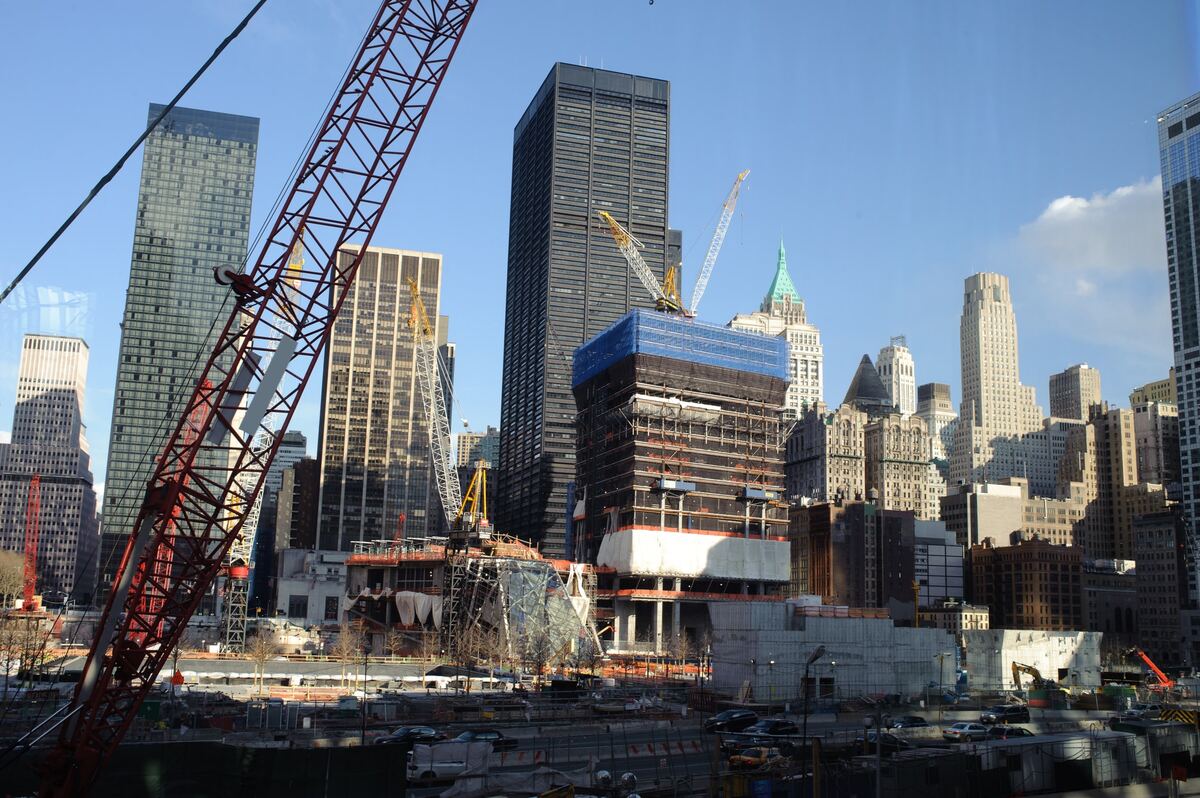
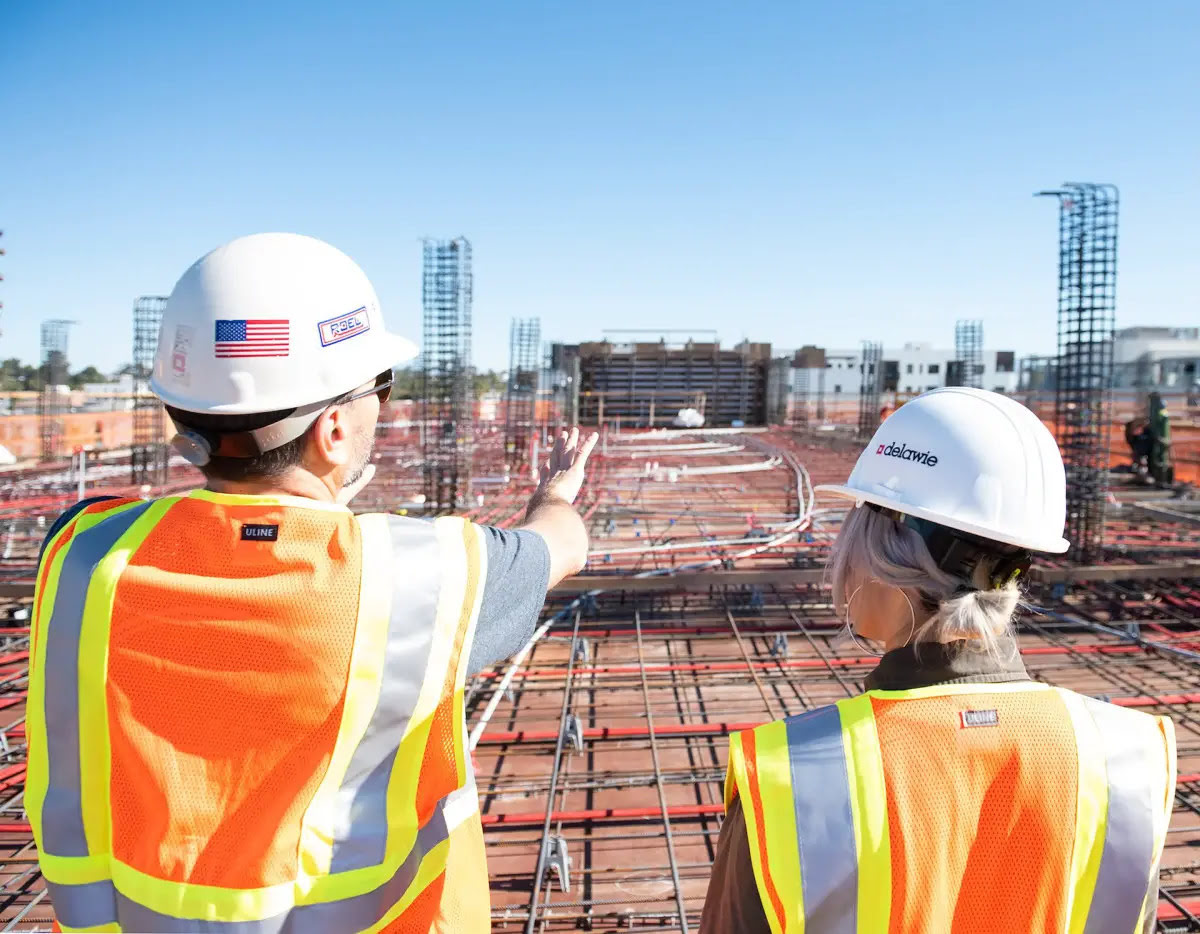

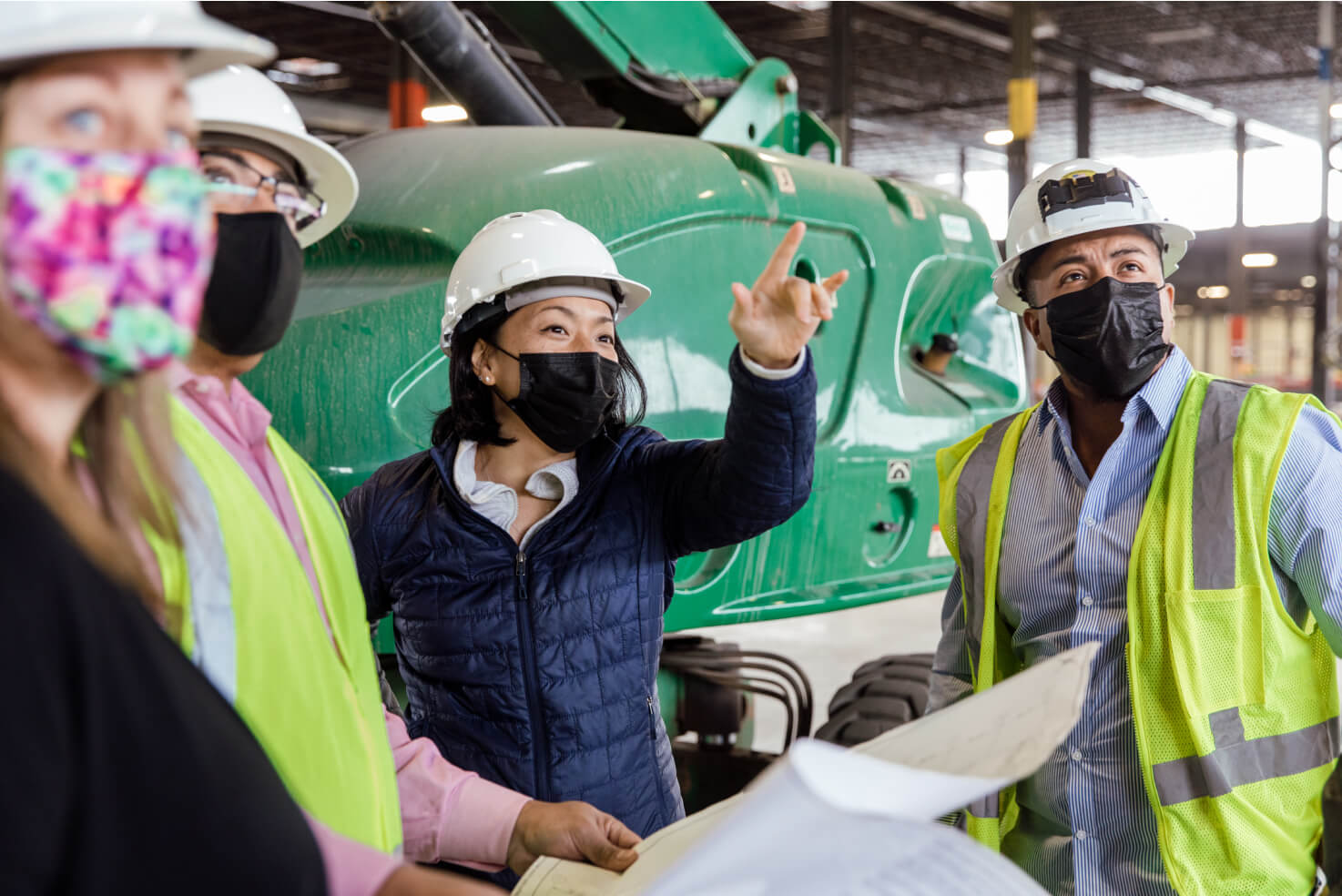
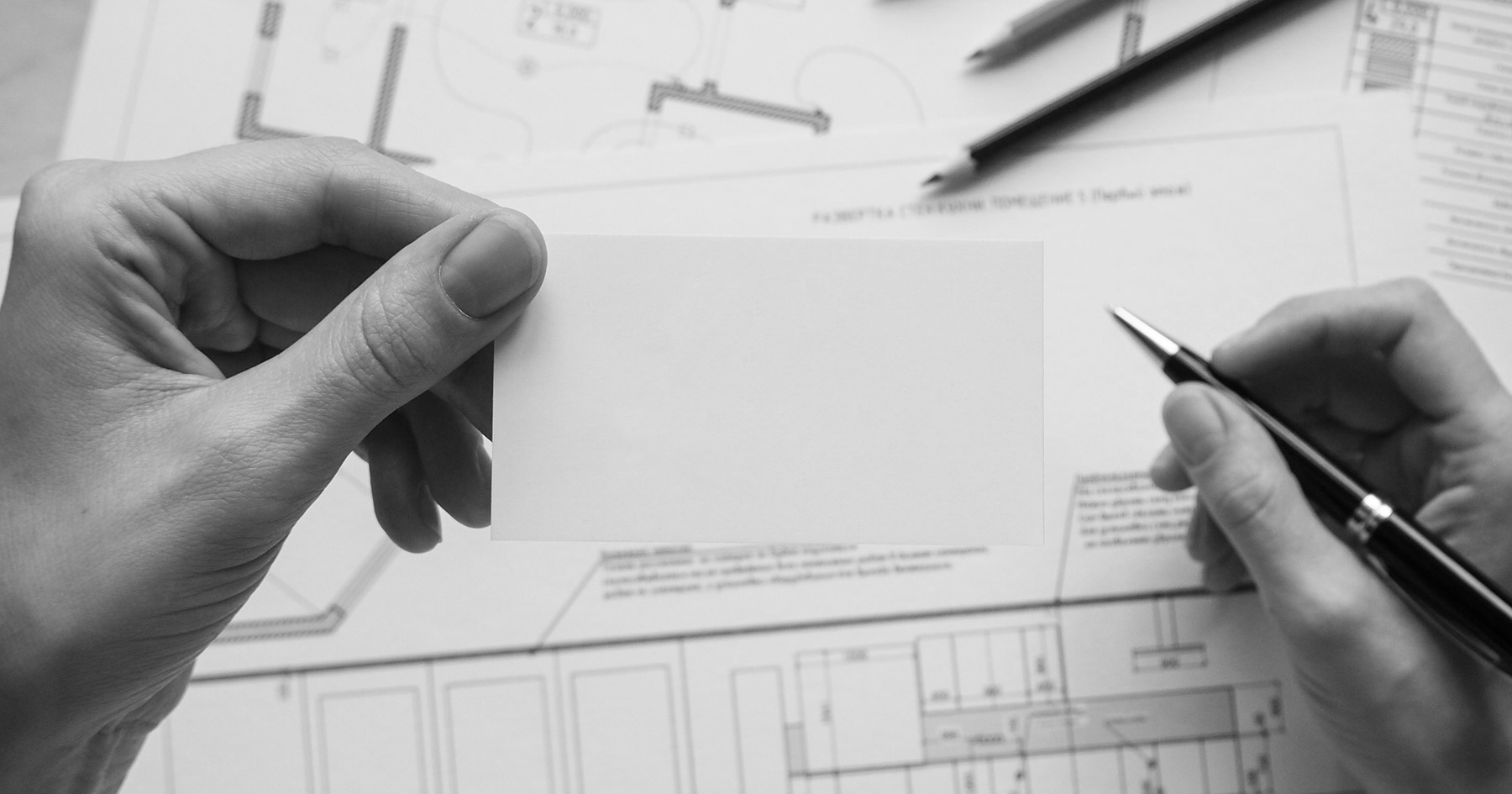





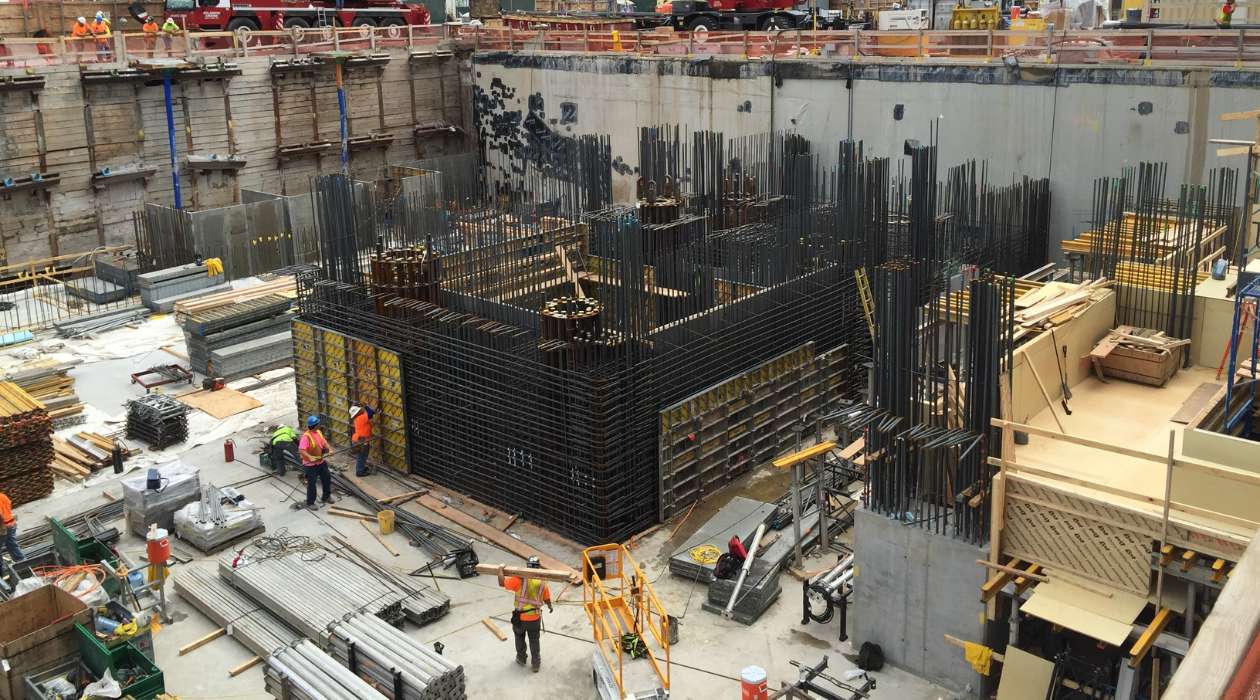
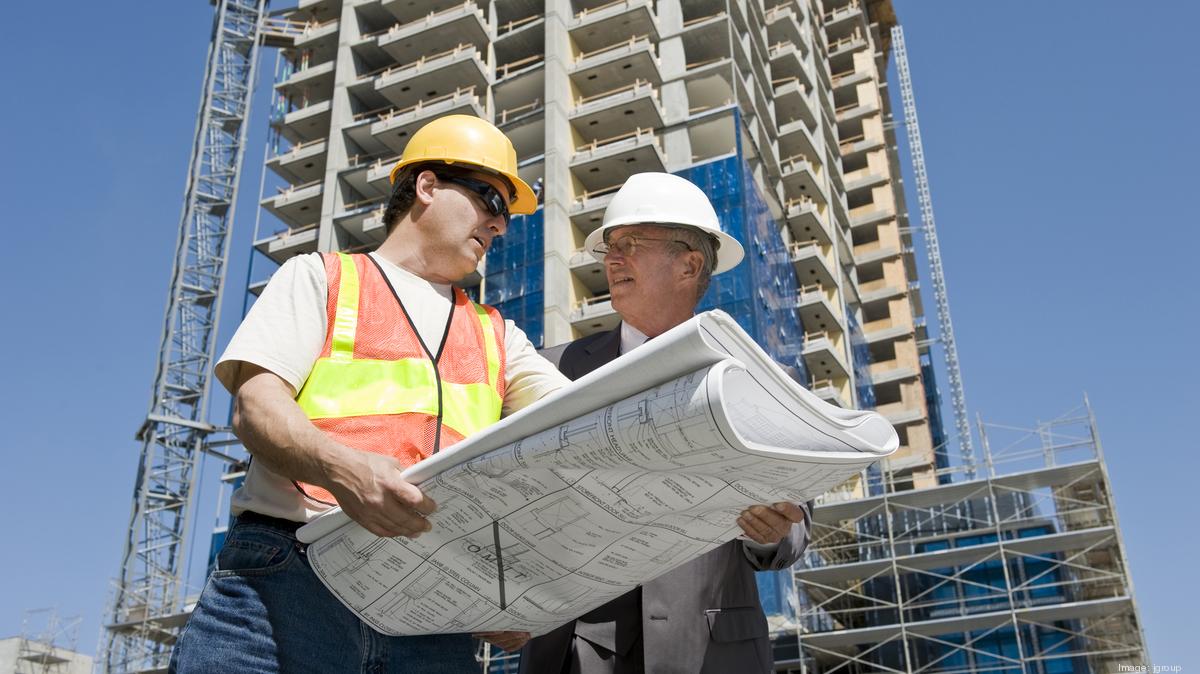


0 thoughts on “What Insurance Does A Construction Company Need”